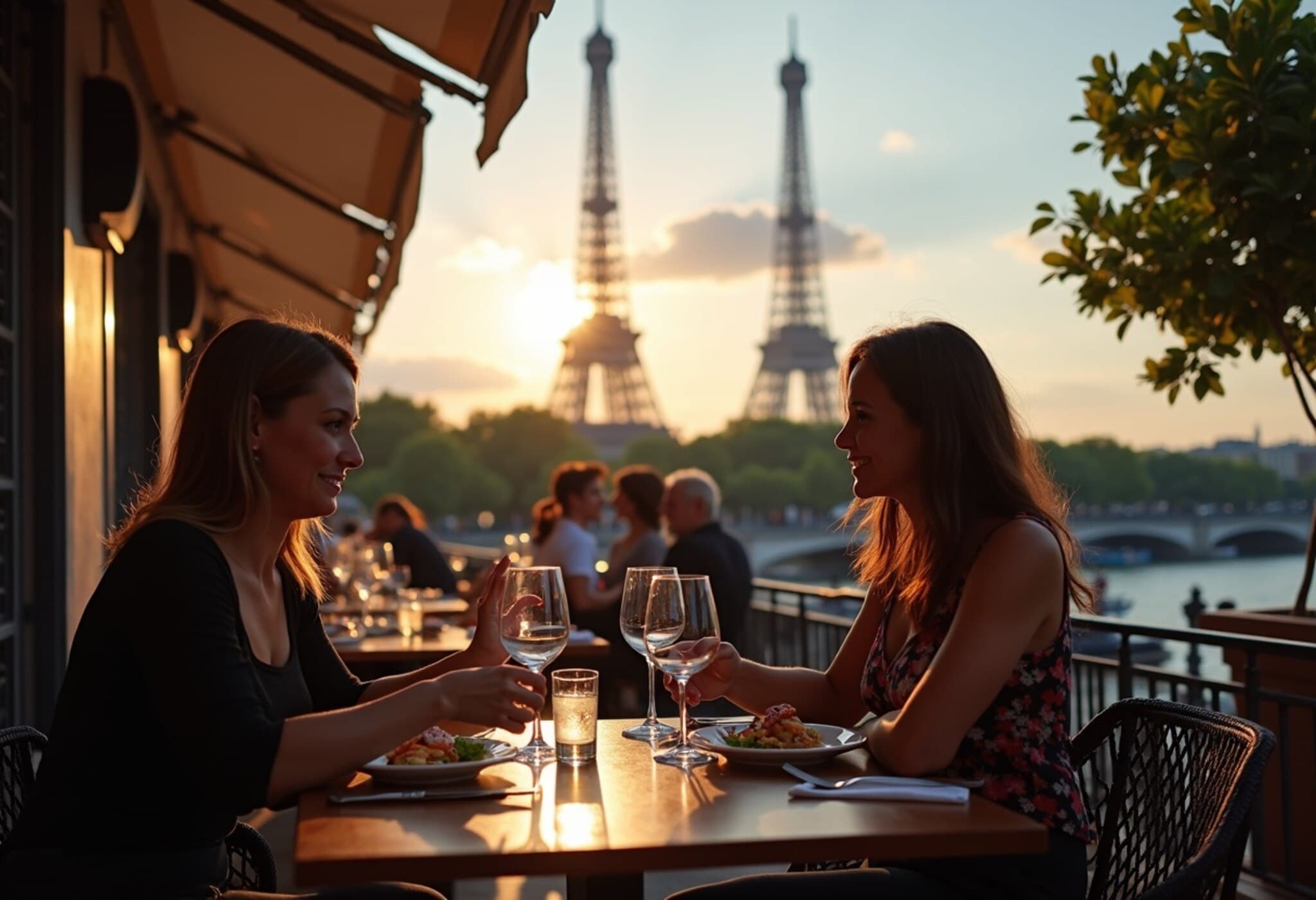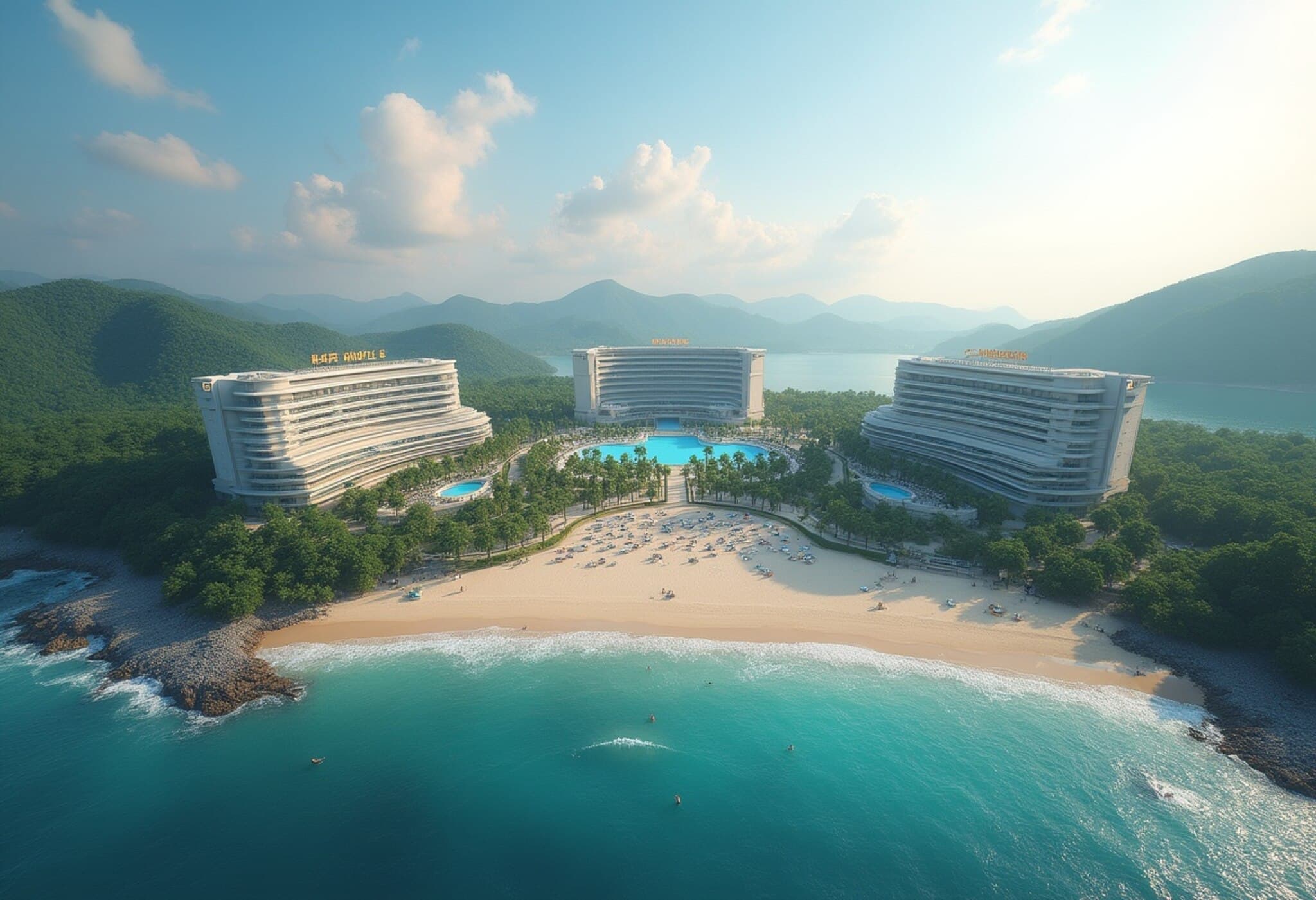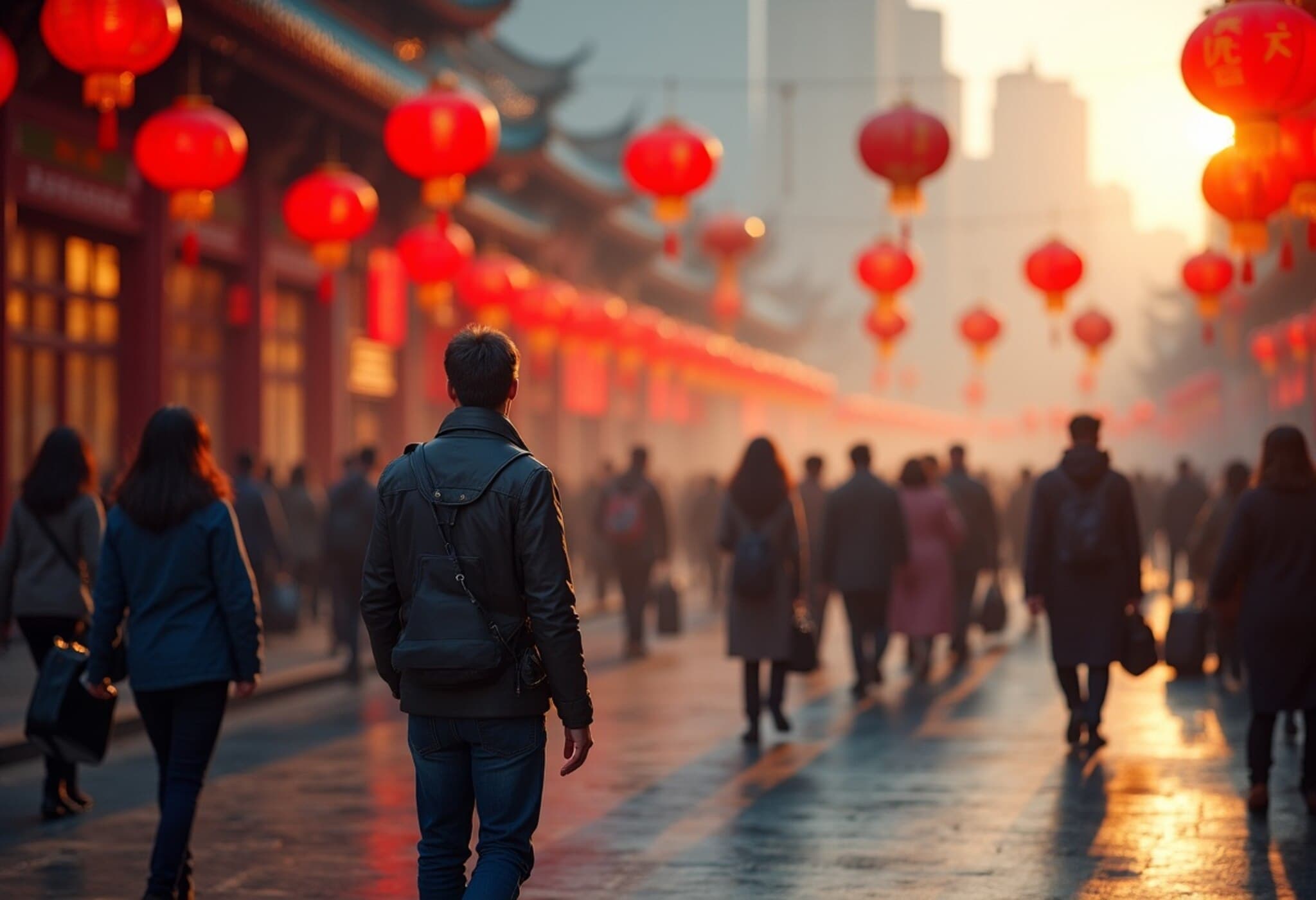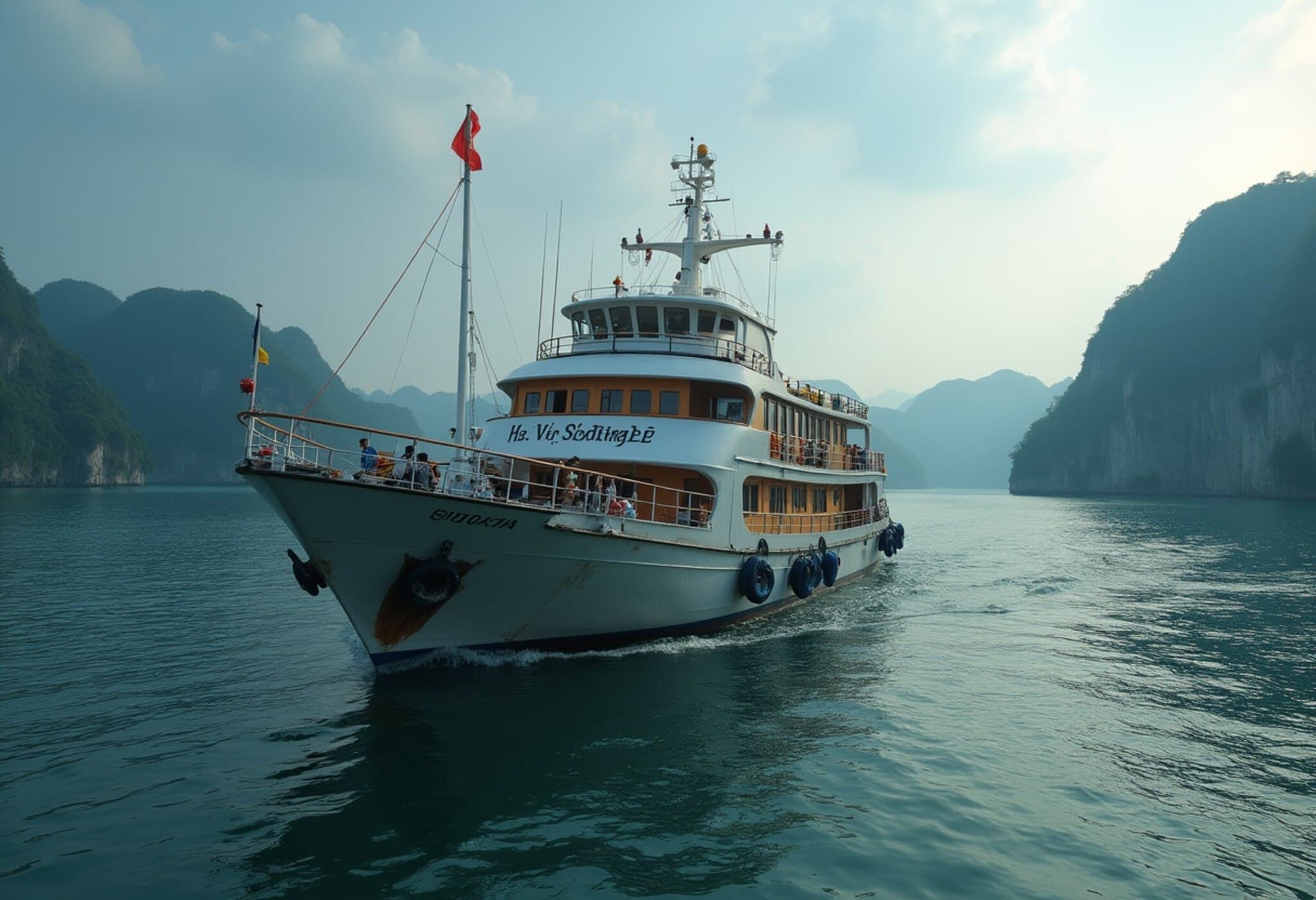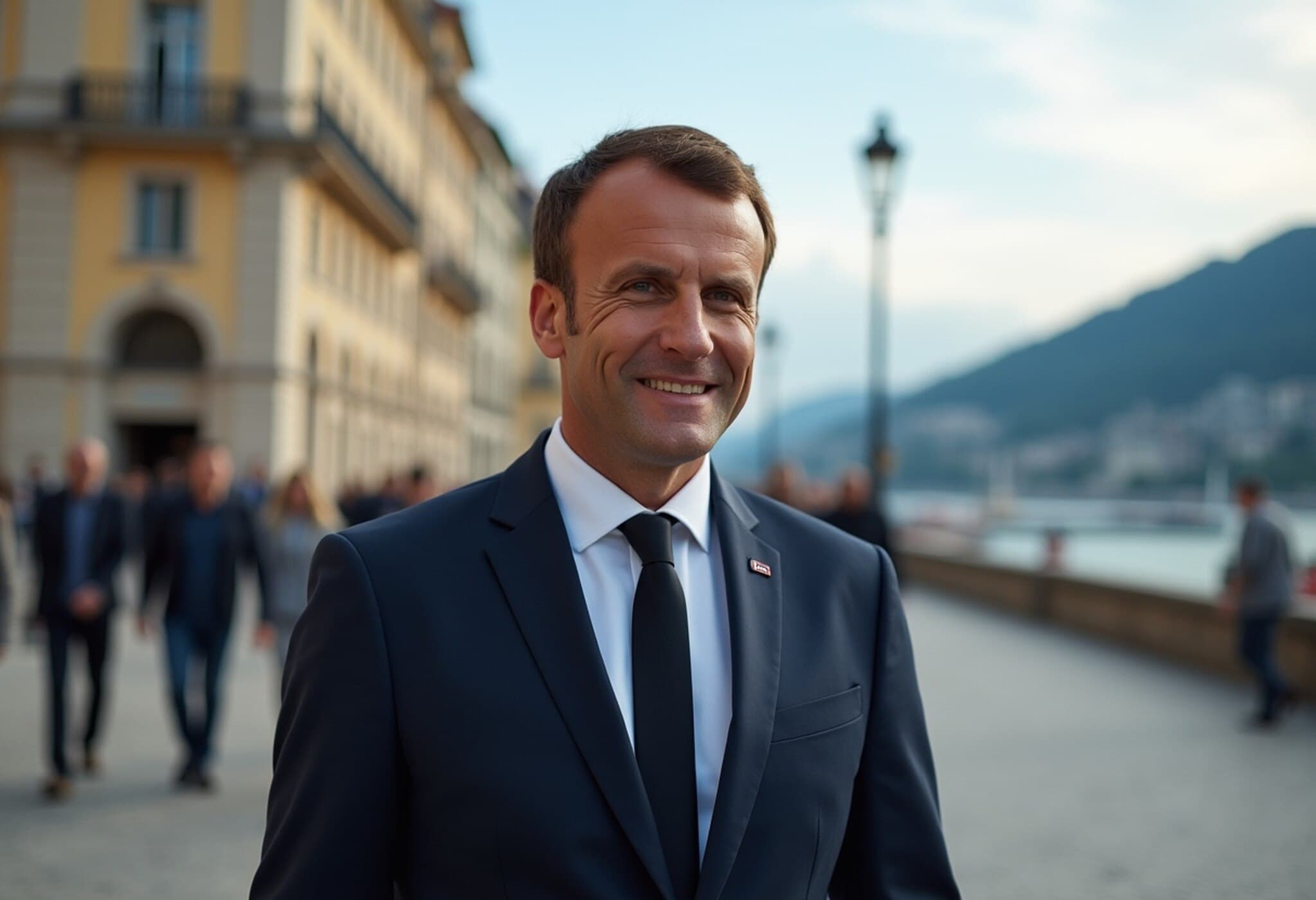The Hidden Costs of Dining in Paris: A Tale of Tourist Overcharging
Paris, often hailed as the city of romance and culinary excellence, has long attracted millions of tourists eager to savor its iconic cuisine. Yet, behind its charming bistros and scenic cafés lurks a troubling issue: visitors are frequently charged up to 50% more than local French customers, according to a recent investigation by Le Parisien.
Undercover Investigation Reveals Stark Price Disparities
In an innovative sting operation, the French daily commissioned two individuals to visit the same Parisian eatery near the Eiffel Tower—a genuine Parisian customer and a reporter disguised as a typical American tourist, complete with Eiffel Tower T-shirt and a faux American accent. Both ordered identical meals and drinks to test for price discrimination.
While the Parisian received a standard menu experience—with a can of Coke priced at €6.50 ($11.56) and a complimentary carafe of water—the disguised tourist was only offered larger, more expensive drink options, with the half-liter Coke costing €9.50 ($16.90). Instead of free tap water, the tourist was pressured to buy a bottled water for €6 ($10.67), an upsell entirely absent from the Parisian’s bill.
Tipping Tactics and Ambiguous Service Charges
Further complicating the dining experience, the investigation exposed unsettling practices around tipping. The French customer’s bill included the obligatory 10% service charge. Yet, the faux American was prompted to add a tip manually because “service isn’t included.” To add insult to injury, the waiter covertly increased the tip amount from 10% to 15% during the card payment process.
More Than Just Water and Tips: Wine and Menu Scams
This phenomenon extends beyond drinks and tips. Last month, undercover sommelier reports revealed tourists being served cheaper wines than ordered but still charged for high-end bottles. Wine professional Marina Giuberti lamented the damage this inflicts not only on customers but also on the reputation of French wine appellations and ethical restaurateurs.
Behind the Scenes: Why Does This Happen?
Insiders admit this behavior, although not universal, is widespread across some Parisian venues. Joseph, a young waiter, candidly acknowledged pressure from management to upsell bottled water to foreigners and downplay the mandatory service charge to encourage tipping.
Franck Trouet, representing a major French hospitality group (GHR), condemned these acts as “a disgrace to the profession.” He emphasized that:
- In France, tap water and bread are generally free.
- Tipping is a voluntary gesture to thank particularly good service, not a requirement.
- Service charges are usually included in the bill, unlike some other countries.
Trouet noted that recent reforms by President Emmanuel Macron, which exempt tips made via card from taxation, combined with payment terminals prompting customers to leave a tip, have inadvertently fueled these aggressive upselling tactics.
What This Means for American and International Tourists
Many visitors, particularly from the United States, are caught off-guard by these dining norms. Some even assume paying for water is standard, a misconception that cafes exploit. The confusion around tipping customs exacerbates their vulnerability.
Economist and blogger Marc Mazière described the phenomenon as “daylight robbery,” emphasizing the exploitation of tourists’ unfamiliarity and fatigue, especially in a bustling global city like Paris.
The Larger Context: Trust, Tourism, and Transparency
While some Parisian waiters work diligently for modest wages and many establishments uphold integrity, these incidents erode international visitors’ trust and tarnish Paris’s hospitality image. The issue raises broader questions about consumer rights, transparency, and the responsibilities of tourist hotspots to protect visitors from exploitation.
Expert Insights and Recommendations
- For travelers: Familiarize yourself with local dining customs—tap water is usually free in France, and tips are discretionary.
- For policymakers: Enhanced oversight and clearer communication on service charges and tipping could help protect tourists.
- For restaurateurs: Upholding ethical standards benefits long-term reputation and sustainable tourism.
Editor's Note
This investigation sheds light on a pervasive yet underreported challenge in one of the world's most visited cities. While Paris’s allure remains undiminished, these revelations call for greater consumer vigilance and industry accountability. How can global cities balance their cultural charm with transparent, fair treatment of visitors? The answer may define the future of international tourism.

